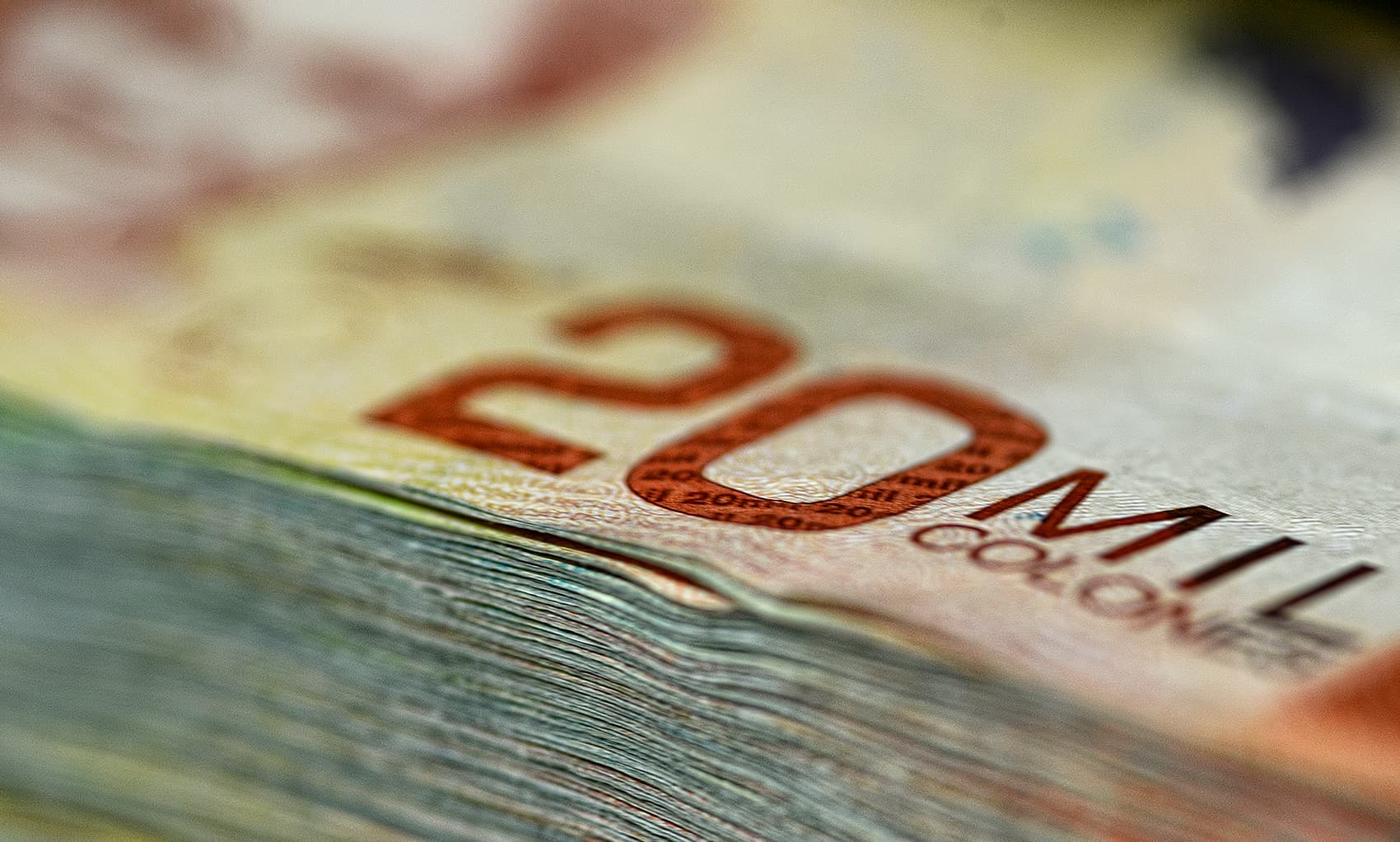Inflation threatens the immediate future and political stability in Latin America, several observers of the region warned Monday at the Davos forum, a pessimistic diagnosis for which they advocate strengthening institutions and multilateralism.
“Latin America is entering a very dangerous period,” said Venezuelan Moises Naïm, minister at the end of the 1980s and since then an analyst in international politics, in one of the debates organized by the forum this week in the Swiss town.
“Now inflation is coming, all over the world and also to a generation of Latin Americans who do not know how to live with it. And the economic and social consequences can be dire,” said Naïm, who warns in this context of the risk of some autocratic regimes consolidating or coming to power.
Forecasts vary from one institution to another, but the “seismic waves” caused by the war in Ukraine, as the International Monetary Fund (IMF) recently described them, will directly affect the Latin American economy.
Although the region has fewer direct links with Europe than other areas of the planet, it will also be affected by inflation and the tightening of monetary policies, the institution warned in April.
It also recalled that, even before Russia invaded Ukraine on February 24, inflation had already risen in many countries in the area due to the prices of raw materials and the supply and demand imbalances caused by the pandemic.
In this regard, at the end of April, ECLAC, a UN regional organization, reduced its GDP growth estimate for Latin America and the Caribbean for this year from 2.1% to 1.8%.
Democratic deterioration
Inflation could above all lead to political instability.
“These are hard times to be Latin American,” said Chilean Andrés Velasco, former finance minister under Michele Bachelet and now dean of the School of Public Policy at the London School of Economics.
“We have a problem with the ability of our governments, right or left, more or less democratic, to achieve results,” he said, citing the example of Peru, which has the highest covid-19 mortality rate in the world and suffers great political instability.
The combination of mismanagement and inflationary pressure could lead to “democratic deterioration”, with systems weighed down by “fragmentation, short-termism and Twitter-based governments”, according to Velasco.
In this context, many advocate in Davos for multilaterialism and for more presence of the region in international institutions.
“If we look at the international scene, we see a total absence of Latin American leadership,” said Spain’s Arancha González Laya, a former Socialist minister in the government of Pedro Sánchez and now dean of one of the centers of the Institute of Political Studies in Paris.
They also cited as an example of the lack of regional cooperation the IX Summit of the Americas, scheduled for next month in Los Angeles, a multilateral forum threatened with boycott by several governments of the region following criticism by the United States, the host country, of Cuba, Nicaragua or Venezuela.
Faced with this “glass half empty” scenario, some opt for economic optimism, particularly if Latin America manages to become a producer and exporter of green energy (solar and wind in particular) in the medium term.
Others see the telecommuting revolution triggered by the pandemic as a way for professionals who cannot find work in their home country to work remotely in another country in the region.






